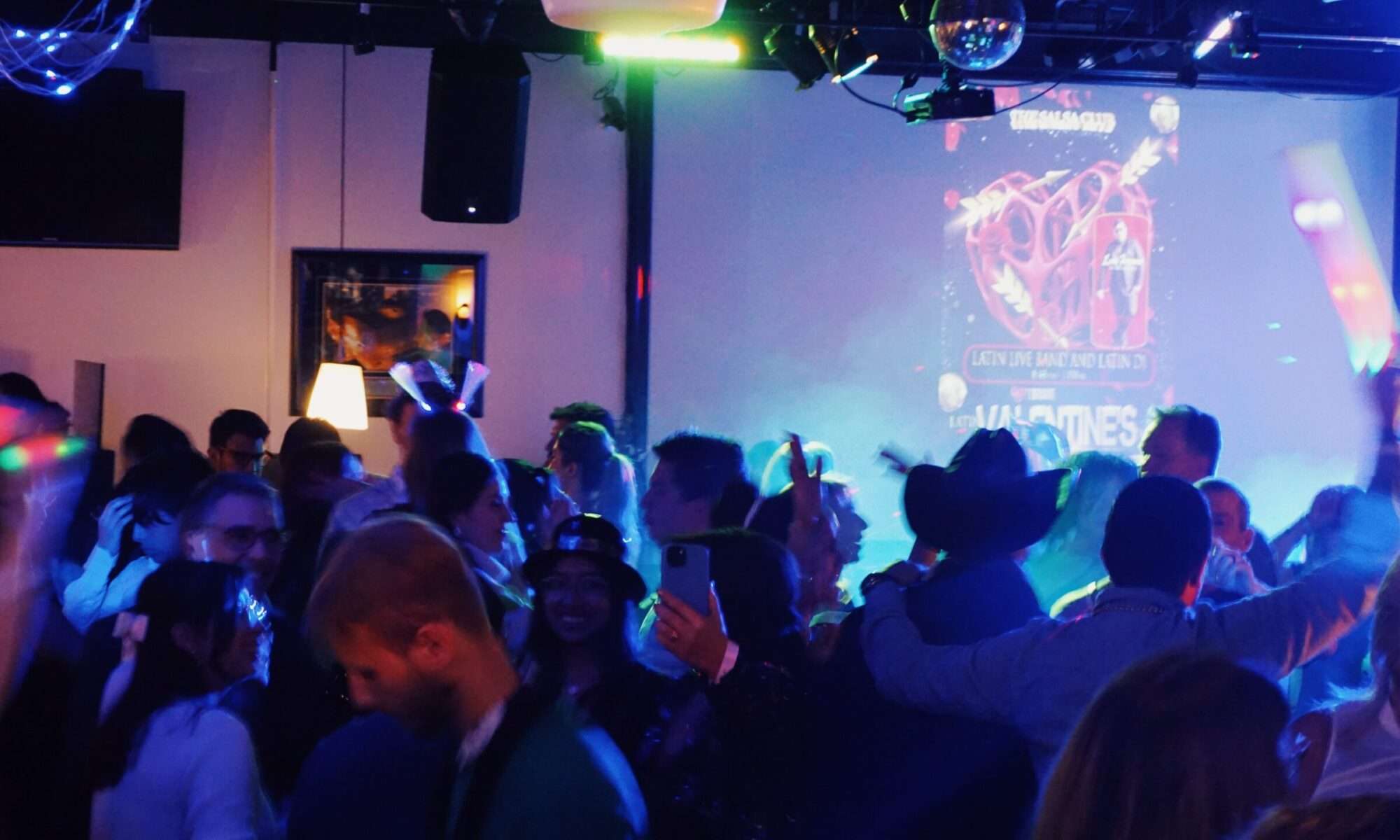
Merengue Music is a lively and infectious genre that originated in the Dominican Republic, characterized by its fast-paced rhythms, energetic beats, and spirited dance movements. With roots steeped in African and indigenous influences, merengue has evolved over centuries to become a beloved symbol of Dominican culture and identity, celebrated for its exuberance, passion, and festive spirit.
The history of merengue dates back to the 19th century when it emerged as a popular music and dance style among the rural communities of the Dominican Republic. Combining elements of Afro-Caribbean percussion, Spanish melodies, and indigenous instruments, merengue evolved from a folk tradition into a national treasure that embraced by people of all backgrounds.
Key figures such as Juan Luis Guerra, Johnny Ventura, and Milly Quezada have played significant roles in modernizing and popularizing merengue music, infusing it with contemporary influences such as salsa, jazz, and pop to create a dynamic and versatile sound that appeals to audiences worldwide. The infectious rhythms, catchy melodies, and call-and-response vocal stylings that characterizes merengue have made it a staple in Latin music scenes, from dance clubs to family gatherings.
Merengue’s enduring popularity and cultural significance have cemented its status as a musical genre that embodies the resilience, joy, and unity of the Dominican people. Its ability to bring people together in celebration and solidarity showcases the power of music to transcend language barriers and connect individuals through shared experiences of rhythm and movement. As merengue continues to evolve and adapt to contemporary tastes, its legacy as a genre that uplifts the spirit and ignites the soul remains as vibrant and vital as ever.


